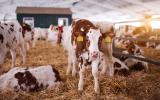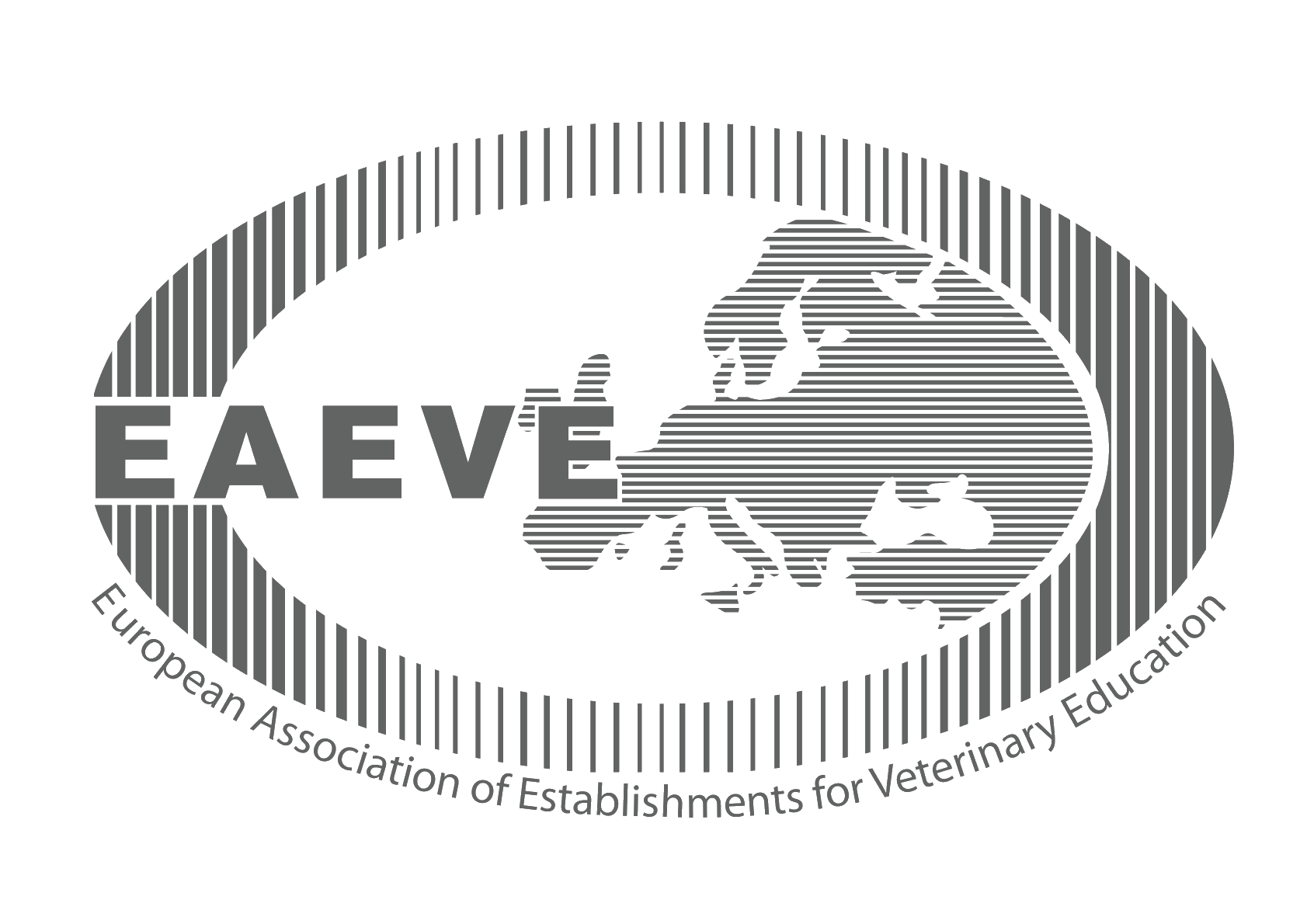P3-0428
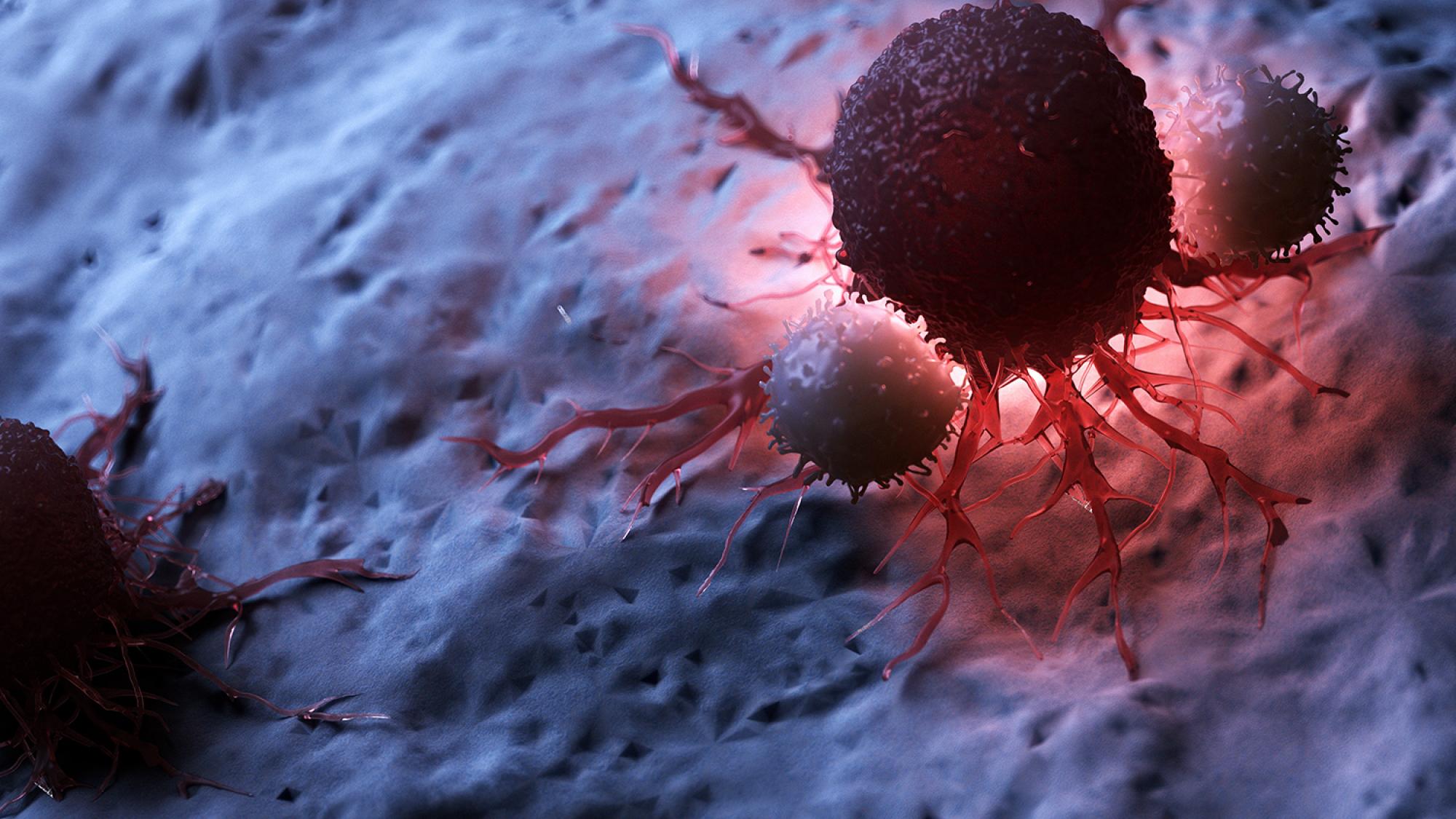
Comparative oncology for tackling rare cancers
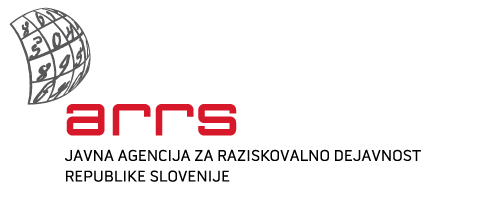
General Data
Member of UL |
Veterinary faculty |
|
Name of the leading partner |
University of Nova Gorica, head of the research programme group: prof. dr. Ario de Marco | |
Status |
partner | |
Project code/ Projet No. |
P3-0428 | |
Project Title |
Comparative oncology for tackling rare cancers | |
Financier |
ARRS | |
Project period |
1.1.2022 – 31.12.2027 | |
Yearly sum of FTE |
2.5 FTE | |
Leader |
prof. dr. Nataša Tozon | |
Scientific field |
Medicine/Biotechnics | |
Partners |
Institute of Oncology Ljubljana, Veterinary faculty Ljubljana |
Project Phases
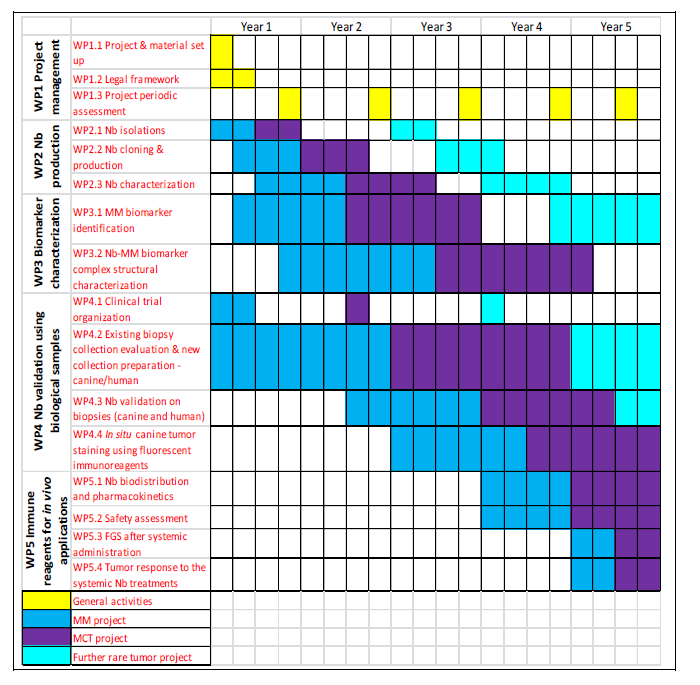
Project Description
Rare cancers are responsible for almost one fourth of the total cancers in EU, have worse prognosis than common cancers and consequently their social and economic burden is extremely elevated in absolute terms. The limited number of available patients for each single disease sub-type renders difficult both the investigation of the involved biological mechanisms and the development of ad hoc effective pharmacological therapies. Also the design and test of complementary therapies is often slowed down by the absence of appropriate animal models which would recapitulate the human features. Pet dogs have been proposed as optimal animal model for oncological diseases since they develop spontaneous tumors with characteristics sufficiently similar to those of humans and are highly suitable for translational studies. Our programme aims at creating a powerful network of expertise to improve the quality of care for both, canine and human patients. Its major reference is the highly acknowledged US consortium for Comparative Oncology (https://ccr.cancer.gov/Comparative-Oncology-Program; Canine Comparative Oncology and Genomics Consortium (CCOGC) - www.ccogc.org) for which no similar counterpart exists at EU level. The three proposer groups wish to further innovate the idea by proposing a platform for the isolation of immunoreagents suitable for both diagnostic and therapy, able to recognize both canine and human antigens and to be applied to oncological diseases that are neglected by basic research and pharmaceutical development because of their rarity. The UNG group is a leading lab in ligand technology (phage display, in vitro panning, nanobodies, alternative scaffolds, antibody fragment functionalization), whereas the VLU is the absolute national reference for canine oncology and the OI group has international reputation in oncological therapy. In this perspective, our proposal would represent an ambitious and exclusive challenge, not only at the national level, but the participant quality will render feasible the goal accomplishment.
Structure of the Project Group
https://cris.cobiss.net/ecris/si/sl/project/18969
Location
Gerbičeva 60
SI-1000 Ljubljana
Slovenija
Sample Reception
Samples are received at several locations throughout Slovenia. See where.
The veterinarian on duty
Emergency veterinary assistance for dogs and cats and a telephone number of constant readiness.
Library
A wide selection of domestic and foreign professional literature in the field of veterinary medicine and other sciences.
Main navigation
-
Education
- Informativni dan
- Why to become a veterinarian?
- Undergraduate Studies
- Postgraduate studies
- Pripravništvo
- Summer Schools
- Continuous education
- Professional Development
- International Activity
- Mednarodna dejavnost - Tuji študentje
- The Path to Creative Knowledge
- Tutoring
- Extracurricular Activities
- Career Centres
- Alumni
- Student organizations and societies
- Quality Assurance
- Clinics
- Diagnostics
- Dobrobit
- NVI
- Research
- About us
- Hub

